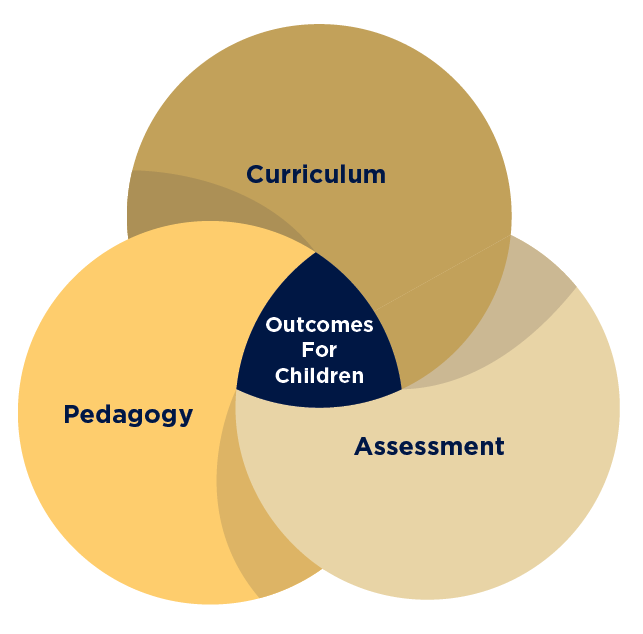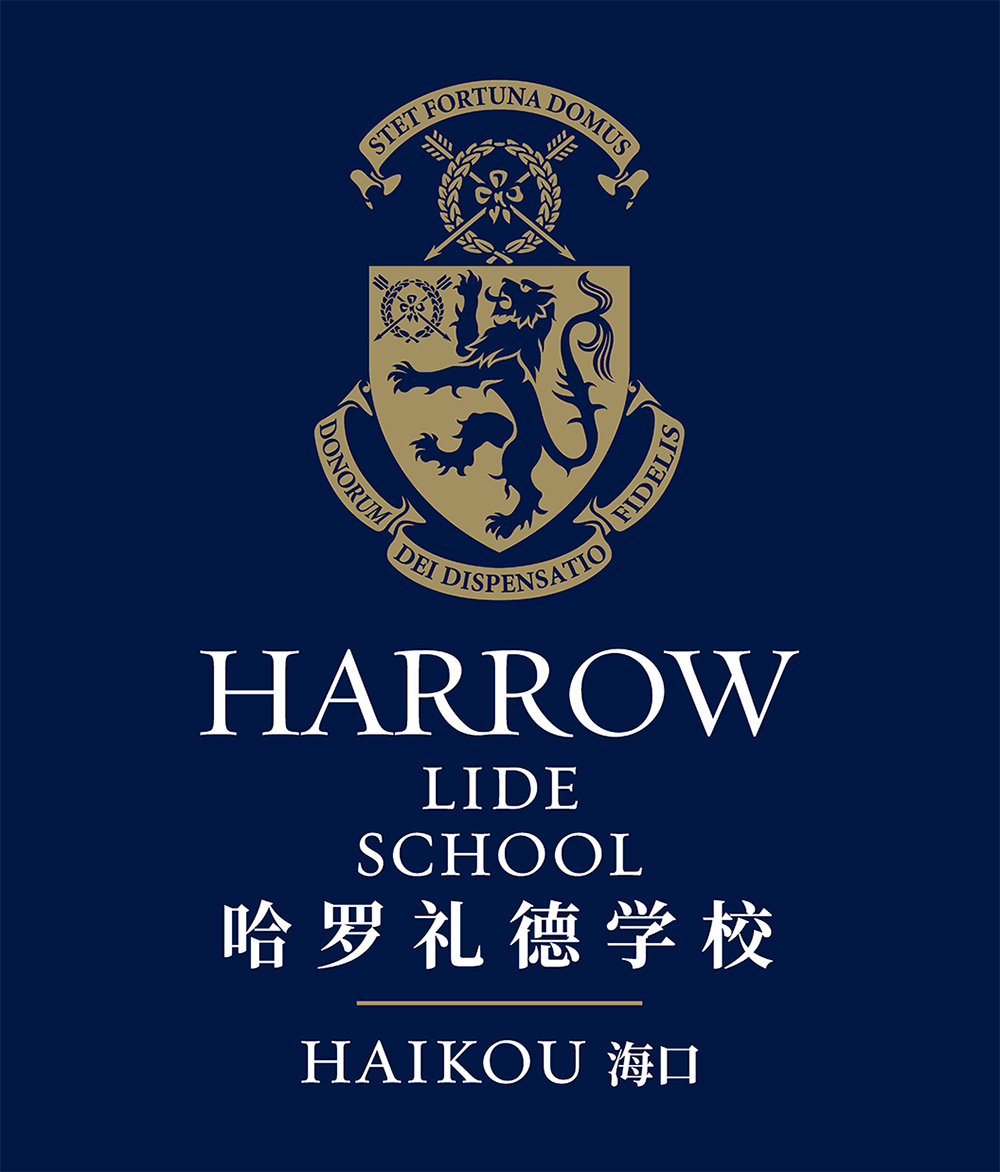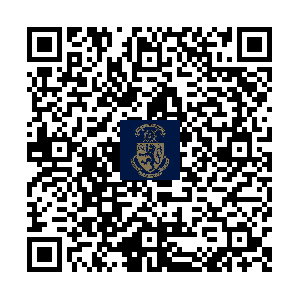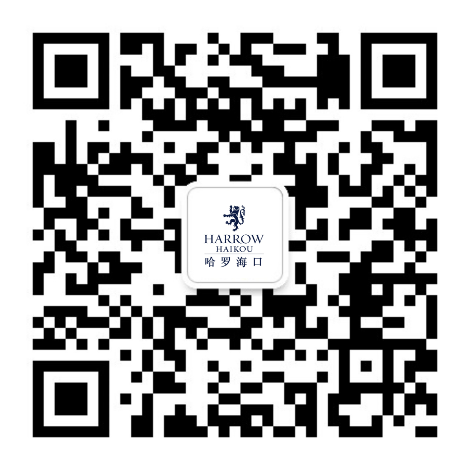Our AISL Harrow Little Lions Early Years Centres provides an exceptional learning experience for children aged 2 to 6 years of age. Research shows that this important stage of a child’s development needs high quality provision to fully optimise the potential for learning and development. We ensure each child’s experience fosters and enables the necessary skills and attributes in preparation for a life of service, leadership and responsibility, with a strong cultural identity and heritage.
Our Little Lions Curriculum (LLC) is specifically designed for AISL Harrow Schools and draws from the very best examples and experiences of kindergarten curricula around the world. It specifically incorporates the core Harrow values of courage, humility, fellowship and honour. The curriculum specifically adheres to all relevant education regulations and guidelines, ensuring that it is mapped to meet necessary standards. Together with our unique pedagogical approach, we holistically cultivate children’s creative thinking and teamwork ethic and ensure all younger learners achieve rounded and balanced personal development, applying what they learn to their daily lives.
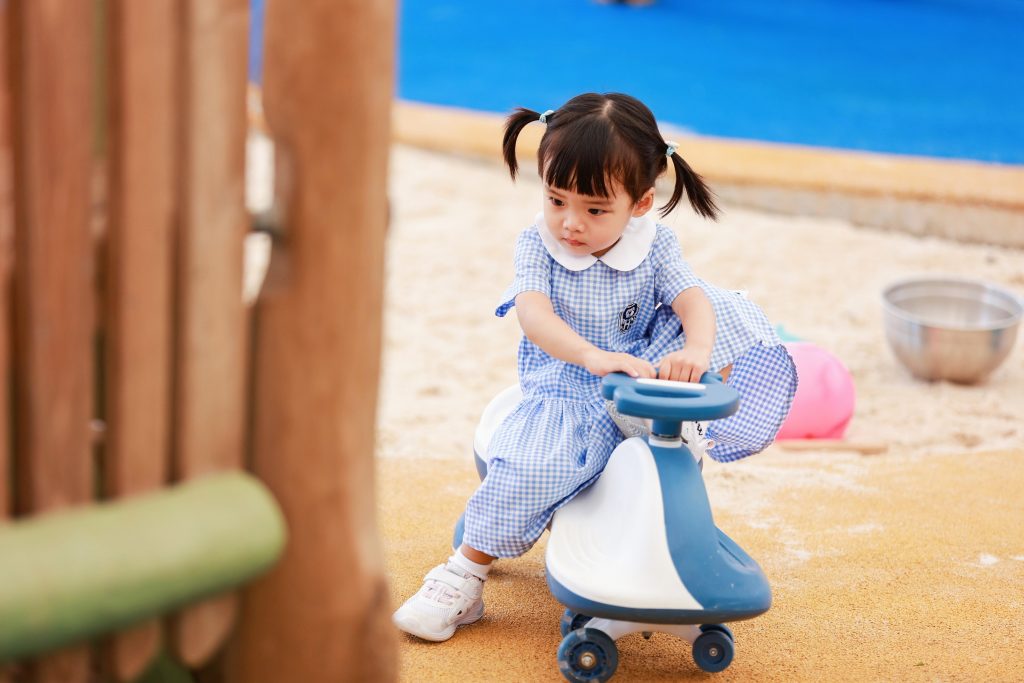
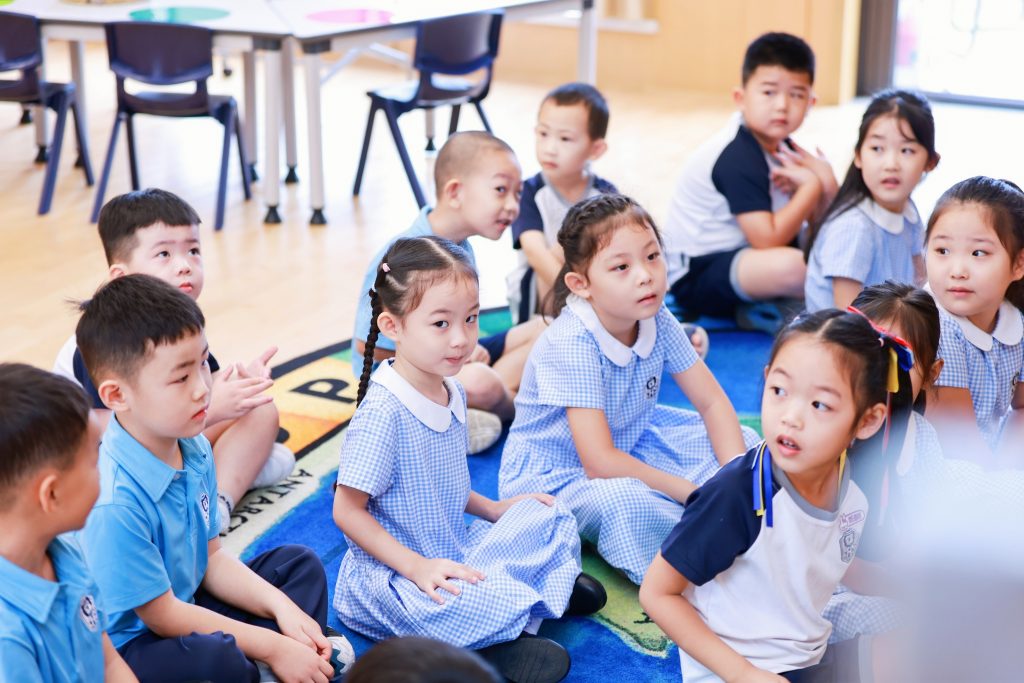


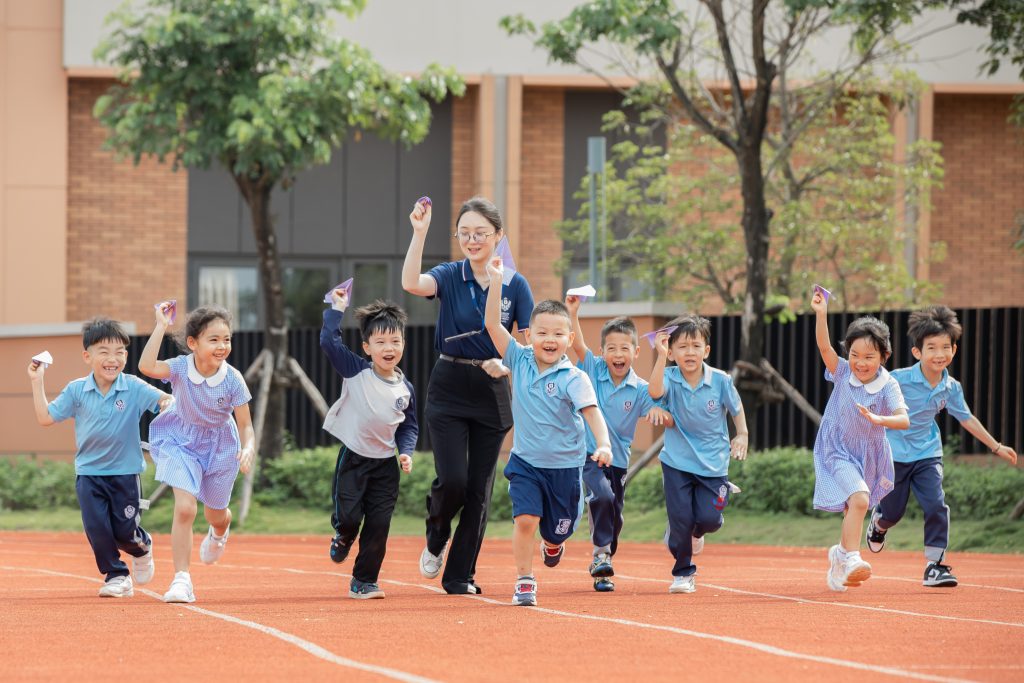
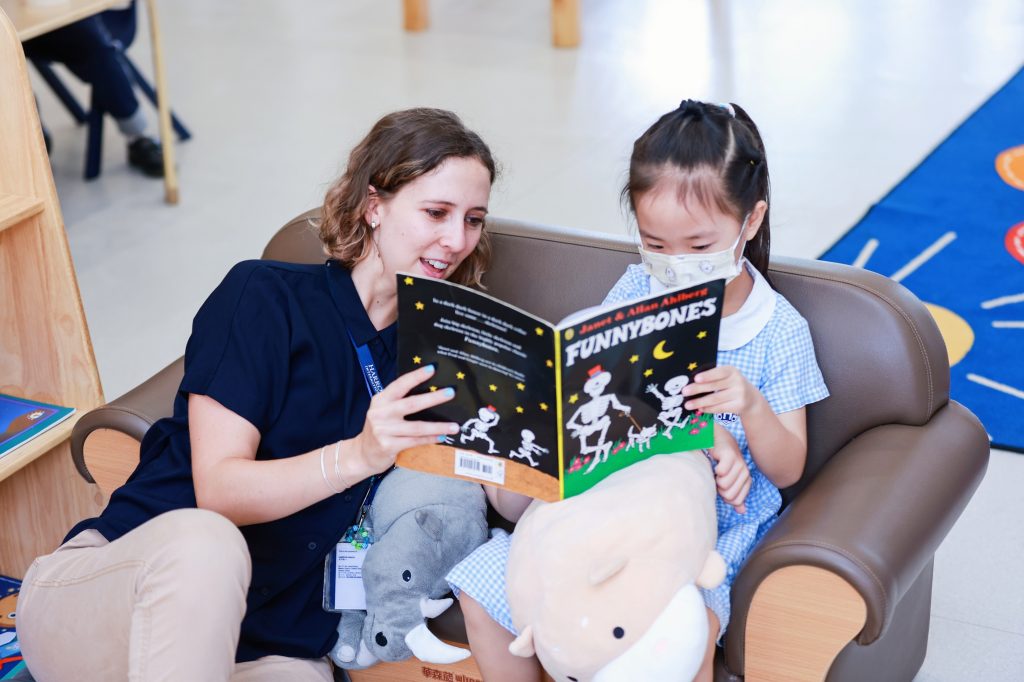

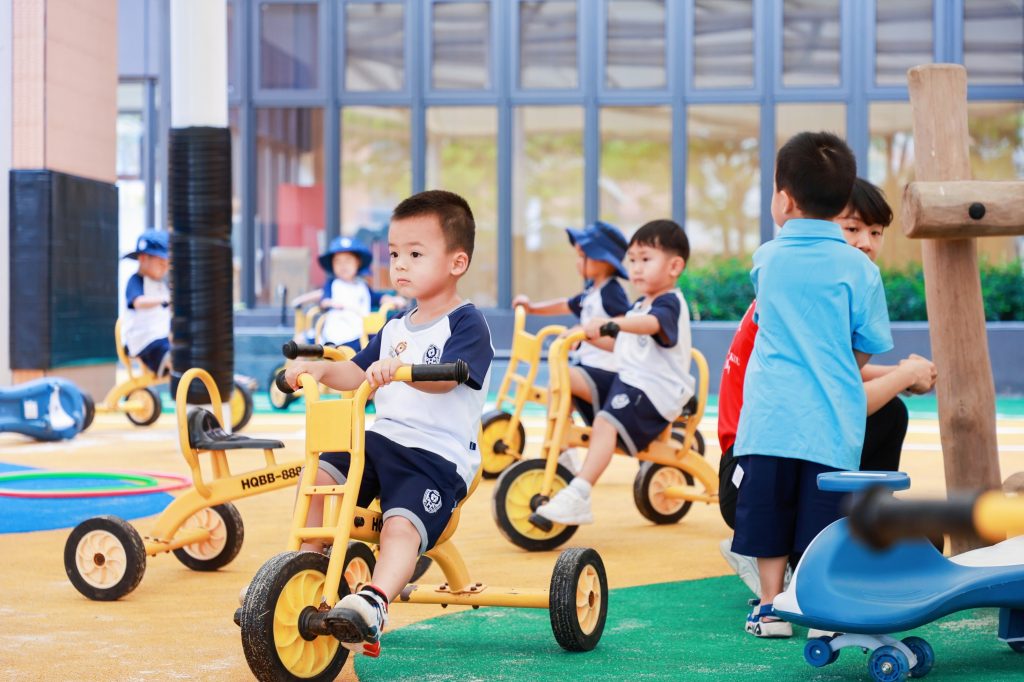

LEARNING DOMAINS AND LEARNING DISCIPLINES
Central to the curriculum are ten Learning Domains and five Learning Disciplines. The learning domains identify the core content that children will require in order to be appropriately informed, knowledgeable, and skilled. The domains ensure that children develop effectively and are able to contextualise and support lifelong learning in conjunction with the associated learning disciplines. The learning disciplines provide content for the essential learning behaviours that enable a perspective within which learning domains will be utilised and applied. This interface between disciplines and domains lies at the heart and aspiration for the AISL Harrow Early Years Curriculum and enables children to both support and develop lifelong learning behaviours as well as understand the nature and purpose of intellectual pursuit (Katz, 2015) and the potential for deep level learning (Saljo, 1979).
Our educational programme covers the learning domains of:
1. Language development (Home Language and English)
2. Social development
3. Health and hygiene
4. Literacy
5. Mathematics
6. The arts
7. Understanding the world
8. Sustainability (environmental awareness)
9. Digital knowledge and awareness
10. Cultural identity, heritage and diversity / International mindedness
And the learning Disciplines of:
1. Thinking and cognitive development
2. Curiosity
3. Motivation
4. Creativity
5. Emotional development and wellbeing
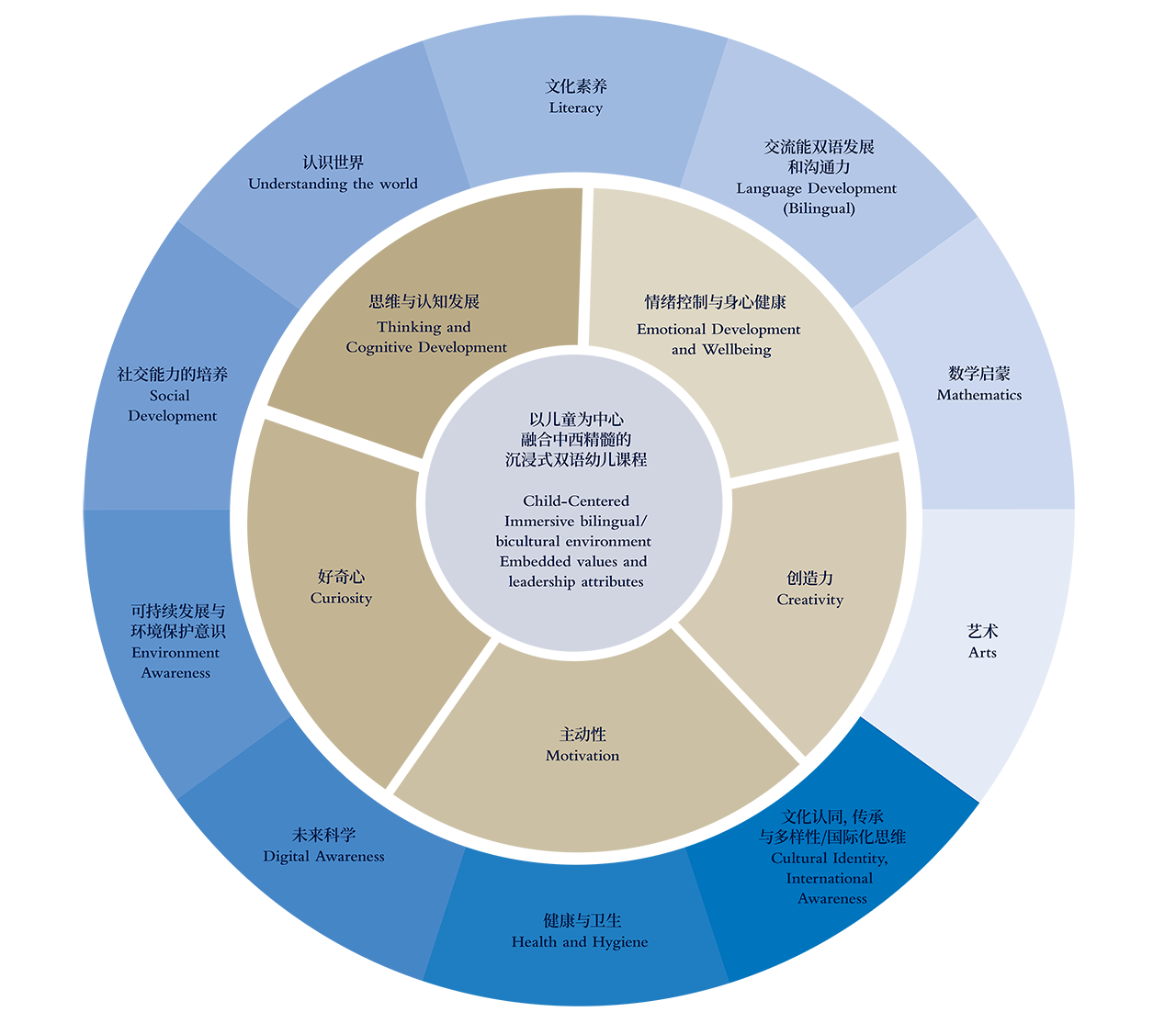
Our age-appropriate curriculum is designed to encourage children’s learning processes (memory, attention, observation) and cognitive skills (reasoning, comparing, and contrasting, classification), as well as the acquisition of specific information (for example geography, science, environmental impact, digital coding).
It is an aspirational and challenging curriculum that embodies the elements of excellence and values, align to all AISL Harrow early years provision, regardless of context; it provides a challenging, forward-looking, ambitious curriculum that enriches the lives of children and prepares them for their future as well-informed, creative, and responsible citizens equipped for responsible leadership.
OUR EDUCATIONAL PHILOSOPHY
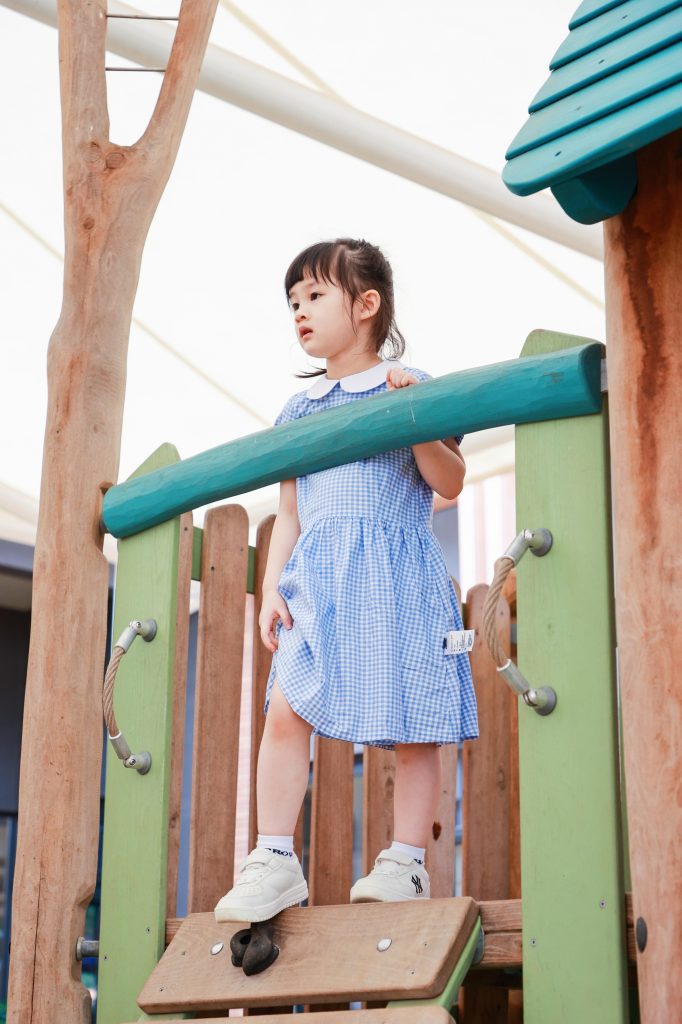
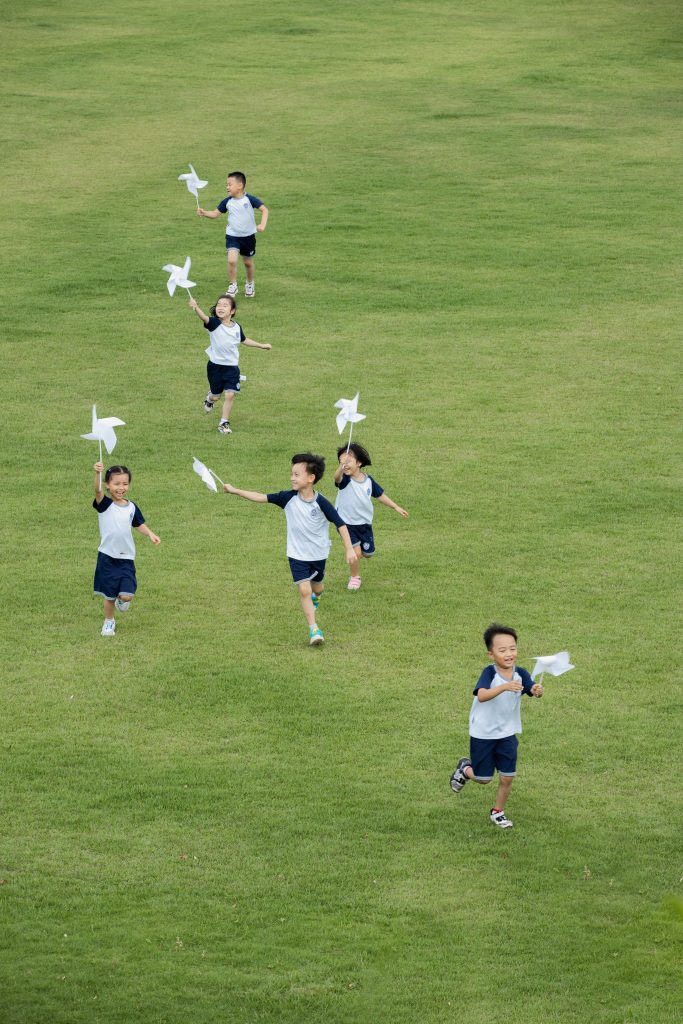

We provide stimulating environments and spaces relevant to the children’s cultures and communities which provoke curiosity and maximise the potential for learning. Meaningful opportunities are presented through play and playful teaching, and support children to take risks in exploring and expressing themselves in multiple ways, personalised to their interests and reflecting their needs.
All adults involved appreciate the importance of impactful interactions with children and understand that, at times, there is a need to stand back and observe before support, stretch, and challenge can be offered through conversations, questions, and reflections. The relationships between the children and adults are positive, as the team take time getting to know each child, so that their likes, dislikes, preferences, interests, and challenges are understood and planned for. Continuous observation of children affords the team an opportunity to plan the most appropriate and impactful next steps in each child’s learning journey.
